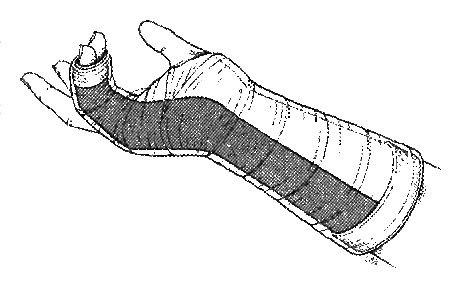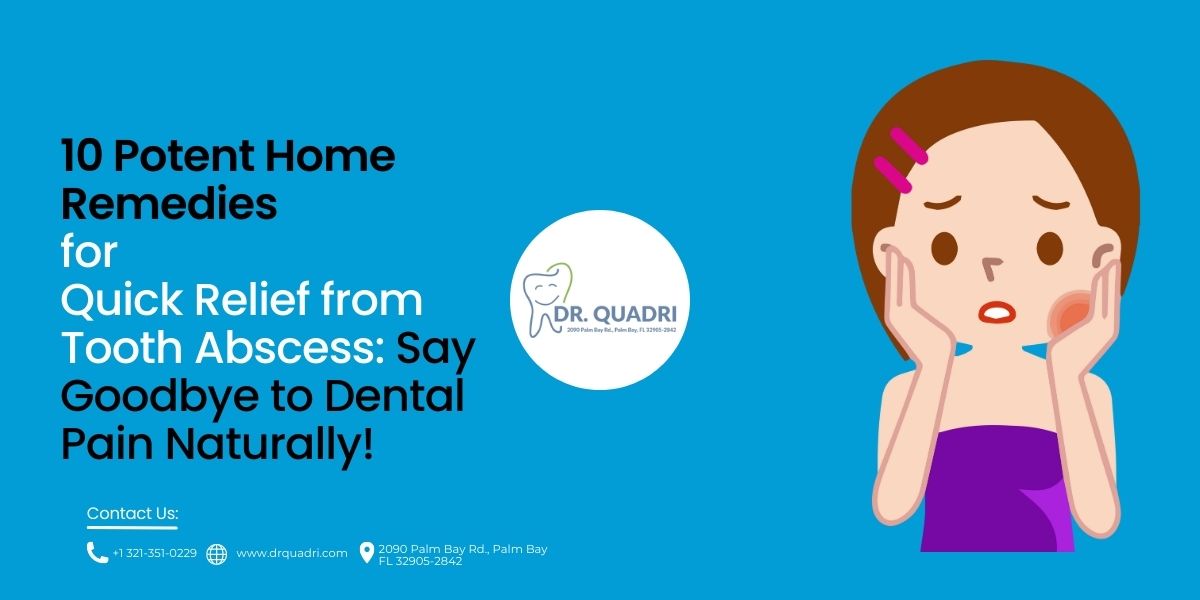10 Gum Tips To Stop Itching

Itching can be an incredibly frustrating sensation, and when it occurs in the mouth, it can be particularly bothersome. For many, chewing gum is a quick fix to alleviate oral itching, but does it really work? Let’s dive into the world of gum and explore how it might help with itching, alongside other remedies and considerations for oral health.
Firstly, understanding the causes of itching in the mouth is crucial. Itching in the mouth can be due to a variety of reasons including but not limited to allergies, oral infections, irritations from dental work, or even certain foods. Once you’ve identified the cause, you can begin to look for appropriate solutions. Chewing gum, particularly sugar-free gum, can stimulate saliva production, which helps to keep the mouth moist and can provide temporary relief from itching. However, it’s essential to consider the ingredients and potential allergens in gum that might exacerbate the issue.
1. Choose the Right Gum
Opting for sugar-free gum that contains xylitol can be beneficial. Xylitol is known for its ability to prevent tooth decay and can help in reducing the bacterial load in the mouth, potentially alleviating some causes of itching.
2. Consider the Flavor
Some flavors, especially those with artificial sweeteners or certain dyes, might irritate the mouth further. Opting for mild flavors could be a safer bet. Natural ingredients like peppermint or eucalyptus might provide a soothing effect.
3. Look for Gum Specifically Designed for Oral Health
There are gums on the market that are specifically designed to promote oral health, with ingredients that not only freshen breath but also help in healing mouth sores or reducing irritation.
4. Chew Regularly but Moderately
Regular chewing can maintain saliva flow, which helps in neutralizing acids and washing away irritants. However, excessive chewing can lead to jaw pain and doesn’t necessarily increase the benefits beyond a certain point.
5. Combine with Good Oral Hygiene
Chewing gum should not replace regular brushing and flossing. Maintaining a clean mouth is essential for reducing irritation and preventing infections that could cause itching.
6. Be Aware of Potential Allergens
If you notice that your itching worsens after chewing gum, consider the ingredients. Some people might be allergic to certain components in gum, such as specific sweeteners or flavorings.
7. Stay Hydrated
Sometimes, oral itching can be a sign of dehydration. Drinking plenty of water helps keep your mouth moist and can reduce itching caused by dryness.
8. Avoid Irritants
Identify and avoid foods or substances that might irritate your mouth. Spicy, acidic, or sharp foods can cause irritation and itching.
9. Consult a Dentist
If the itching persists or is severe, it’s crucial to consult a dentist. There could be an underlying dental issue that needs professional attention.
10. Explore Other Remedies
In addition to gum, there are other ways to alleviate oral itching. Rinsing with salt water, applying topical creams, or using a humidifier can help, depending on the cause of the itching.
In conclusion, while gum can offer temporary relief from oral itching by stimulating saliva production, it’s just one piece of the puzzle. Understanding the cause of the itching, maintaining good oral hygiene, and considering other remedies can provide more comprehensive relief. Always be mindful of the ingredients in the gum you choose and how your body reacts to them, as part of a holistic approach to oral health and comfort.
Can chewing gum really stop itching in the mouth?
+Chewing gum, especially sugar-free gum, can provide temporary relief from oral itching by stimulating saliva production. However, it’s essential to address the underlying cause of the itching for lasting relief.
What are the best ingredients to look for in gum for oral health?
+Ingredients like xylitol are beneficial as they help prevent tooth decay and reduce bacterial load. Natural flavorings such as peppermint or eucalyptus can also provide a soothing effect.
How often should I chew gum to help with oral itching?
+Regular, moderate chewing can help maintain saliva flow. However, excessive chewing is not necessary and can lead to jaw pain. It’s about finding a balance that keeps your mouth moist without overdoing it.

